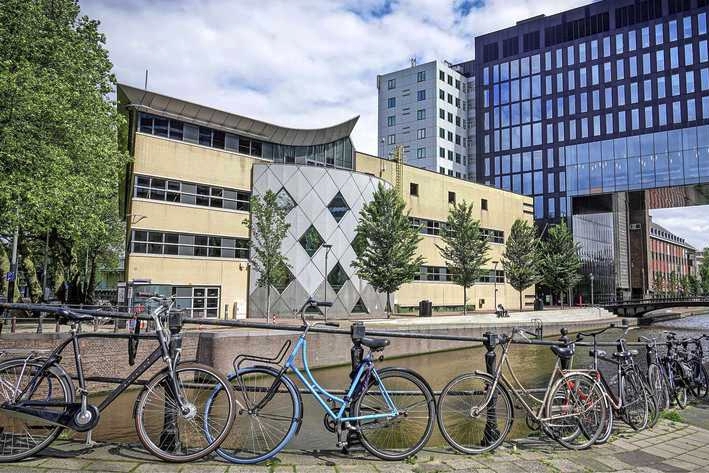“I am very skeptical about these vaccines. They produced them too quickly, “said a man in downtown Sofia.
“No, I’m not afraid of the coronavirus. And I don’t want to get immunized. I don’t believe in vaccines, “said another.
Stoycho Katsarov: The measures are sufficient
The majority of the Bulgarian population obviously thinks like these two citizens of Sofia, as the share of those vaccinated against COVID-19 in Bulgaria is extremely low, although the country has sufficient quantities of approved vaccines, German television ARD said, quoted by BGNES.
By mid-August, just over one million Bulgarians, or just 15.5 percent of the population, had been fully vaccinated. And people can be vaccinated almost anywhere: in parks, in large shopping malls, in remote villages, in departments, companies and schools. But they don’t.
Already more than 4 thousand with COVID-19 in hospitals, many died
What are the reasons? The Chief State Health Inspector Dr. Angel Kunchev named one of them: “The decision whether to be immunized is made emotionally rather than rationally. I don’t know of any other country in Europe offering such a wide platform for openly expressing anti-vaccination sentiments, including from fellow medics. “
Conspiracy theories are not only widespread on social media, but many believe them. According to a recent media survey, Bulgaria is the only country in the EU where every year more and more people believe in social networks in complete contradiction with other Europeans, for whom the trend is exactly the opposite.
Source: Georgi Dimitrov / Vesti.bg
“There is a direct link between the tendency to prefer disinformation and conspiracy theories about COVID and the low level of trust in the government,” said media expert Ralitsa Kovacheva, adding that there is a division at the expert level. limiting the pandemic ”.
From the beginning, doctors have come up with conflicting messages about coronavirus vaccines. In addition, many medics have spoken out against vaccination. The health authorities’ awareness campaign was not very convincing. And to all this is added the fact that Bulgaria has been in a kind of permanent election campaign since the spring – the formation of a government is failing for the second time.
Denmark: The coronavirus is no longer a threat to society
The third parliamentary elections of the year are coming up in November. Therefore, as lawyer Maria Sharkova, a health law specialist, points out, politicians refrain from making clear statements about vaccination.
“In fact, the attitude towards this epidemic is not professional – rather political decisions are made. It is because of this election cascade that we are in that politicians do not want to leave their comfort zone and are afraid of different reactions in society. “
Therefore, mRNA vaccines are effective against severe COVID-19
Therefore, mRNA vaccines are effective against severe COVID-19
The share of vaccinated teachers is also relatively low. On this occasion, the caretaker Minister of Education, Professor Nikolay Denkov, sounded the alarm for the beginning of the school year.
“Relatively few teachers have been vaccinated – about 30 percent,” Denkov said. “This is the result of diverse messages, including from representatives of the medical and scientific community. It is very important for the various experts to focus on convincing teachers that vaccines are good for their health, for the health of children, and ultimately to play a crucial role in face-to-face learning in schools. ”
There they oblige the teachers to be vaccinated
“> There they oblige teachers to be vaccinated
“At the same time, the comprehensive experience of other countries, including Germany, can be used,” Denkov added.
However, he is convinced that the introduction of compulsory vaccination for school staff in Bulgaria will not work.
“Every obligation that is introduced for the people must enjoy a certain amount of public support. And in Bulgaria there is no public support for vaccination. Attempts to force vaccinations will simply fail. ”

